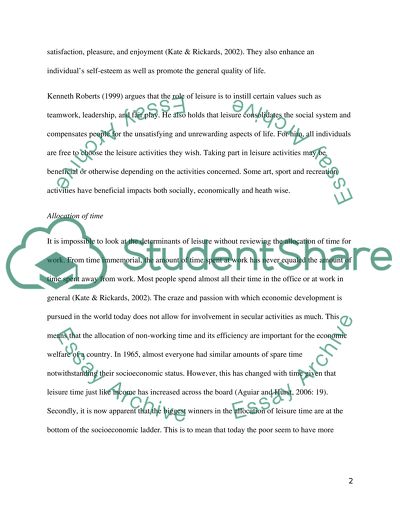Cite this document
(“Economics of Leisure Essay Example | Topics and Well Written Essays - 1750 words”, n.d.)
Economics of Leisure Essay Example | Topics and Well Written Essays - 1750 words. Retrieved from https://studentshare.org/macro-microeconomics/1474701-economics-of-leisure
Economics of Leisure Essay Example | Topics and Well Written Essays - 1750 words. Retrieved from https://studentshare.org/macro-microeconomics/1474701-economics-of-leisure
(Economics of Leisure Essay Example | Topics and Well Written Essays - 1750 Words)
Economics of Leisure Essay Example | Topics and Well Written Essays - 1750 Words. https://studentshare.org/macro-microeconomics/1474701-economics-of-leisure.
Economics of Leisure Essay Example | Topics and Well Written Essays - 1750 Words. https://studentshare.org/macro-microeconomics/1474701-economics-of-leisure.
“Economics of Leisure Essay Example | Topics and Well Written Essays - 1750 Words”, n.d. https://studentshare.org/macro-microeconomics/1474701-economics-of-leisure.


